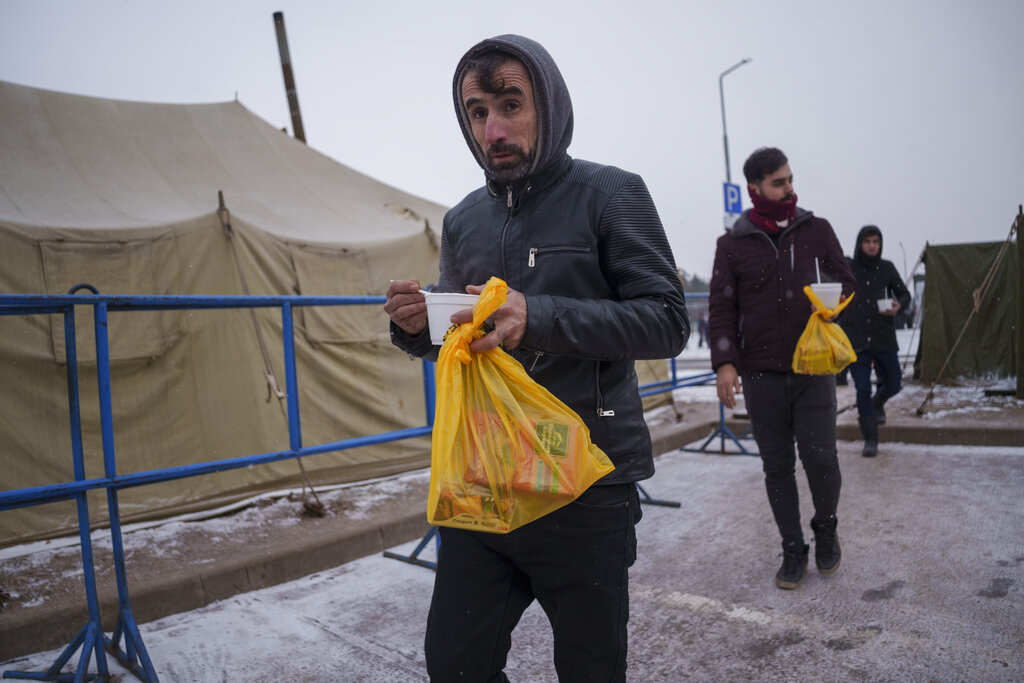Poland has long been opposed to illegal immigration or migrant quotas, but the country will be forced to receive potentially thousands of illegal migrants in the near future, as they can gain citizenship in Poland after just one year.
The problem has to do with Belarus’ decision to allow thousands of migrants to cross into Polish territory over the last few years, which Poland has described as a form of “hybrid warfare.” While those migrants usually used Poland as a transit country, Poland remains the first EU country they set foot in within the European Union. That means all EU countries have the right to send those migrants back to Poland.
EU countries have already transferred 353 foreigners to Poland in the past four months, including 76 foreigners who illegally crossed Poland’s border with Belarus. Most of them, 229, were sent back from Germany, 27 from Norway, and 25 from Sweden. Seventy migrants who illegally crossed the Polish-Belarusian border have come back from Germany and six from France.
Poland is forced to accept the migrants due to a regulation of the European Parliament, the so-called Dublin III from 2013. Under the regulation, when it is proven that a person entered an EU member state illegally from a third country, the EU member is responsible for processing the person’s application for international protection.
A migrant is also sent back if they submitted an application in one EU country and then left for another without waiting for a decision. This is the case for many people who cross illegally into Poland and apply for asylum, claiming they had to flee their countries.
In 10 randomly selected cases regarding foreigners sent to Poland from Germany, nine of them filed asylum applications or declared the will to continue the previous procedure. Two of them received the protection, two cases are underway, and five escaped, again.
For Poland, which suffered a migration crisis on the border with Belarus, this means receiving thousands of migrants once again.
Due to the Ukraine war and the refugee wave from that country, the Polish government asked for a temporary suspension of migrant returns until the end of July. After this time, Poland is obliged to receive “its migrants.”
“Most of those migrants are citizens of Iraq and Afghanistan,” says spokesperson for the headquarters of the Border Guard, Anna Michalska.
The arriving migrants is a great logistical problem as well since the authorities need to start administrative works to house them. Additionally, Poland has to cover the upkeep costs of migrants plus their allowance and medical insurance.
“Poland’s location, we have a long EU external border, means that foreigners cross our border, despite the fact that they do not intend to stay here,” said Michalska, adding that if the migrants manage to get to Western European countries, they are sent back to Poland in the end.
In Poland, migrants receive financial assistance, thanks to which they can get full payments for housing. And after just one year, migrants can acquire Polish citizenship.






